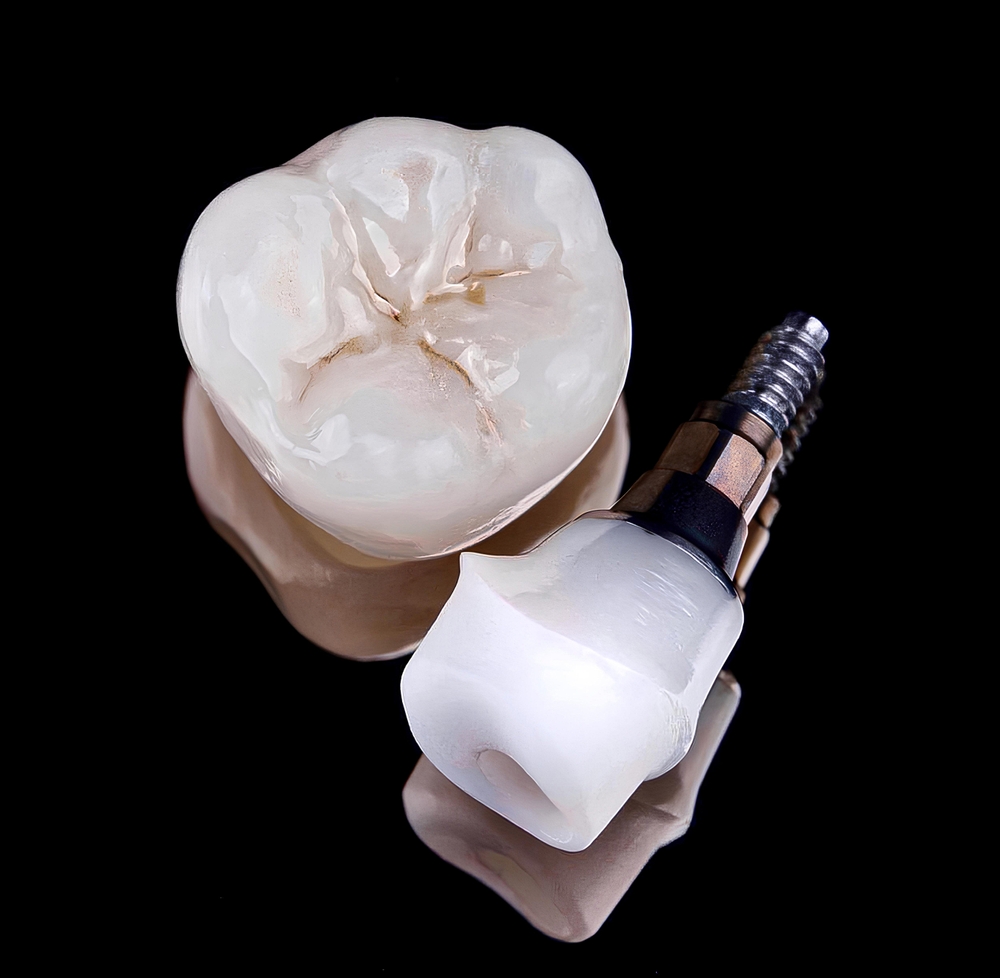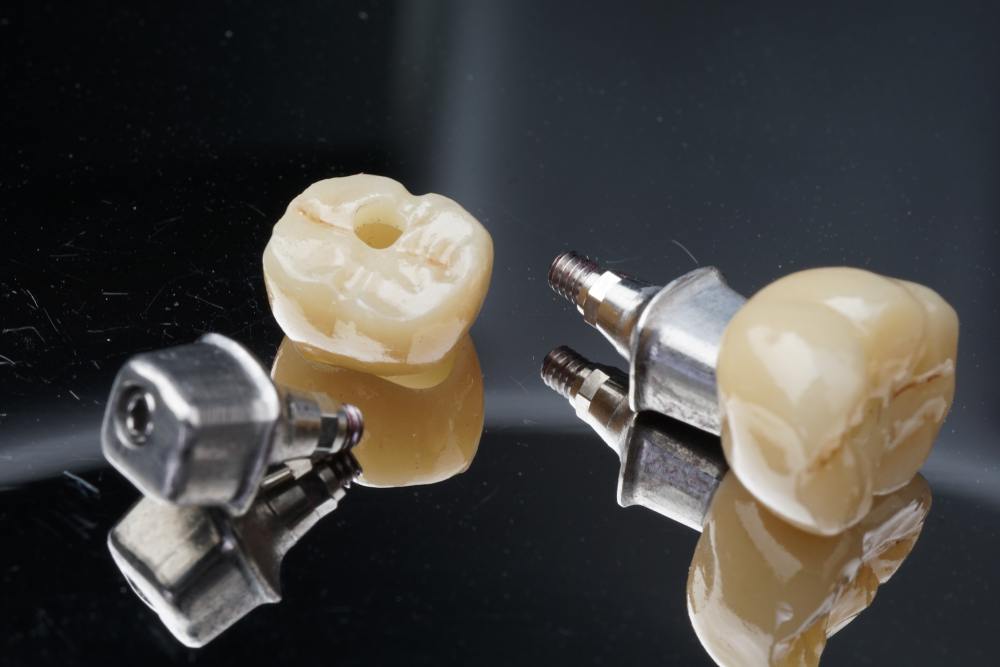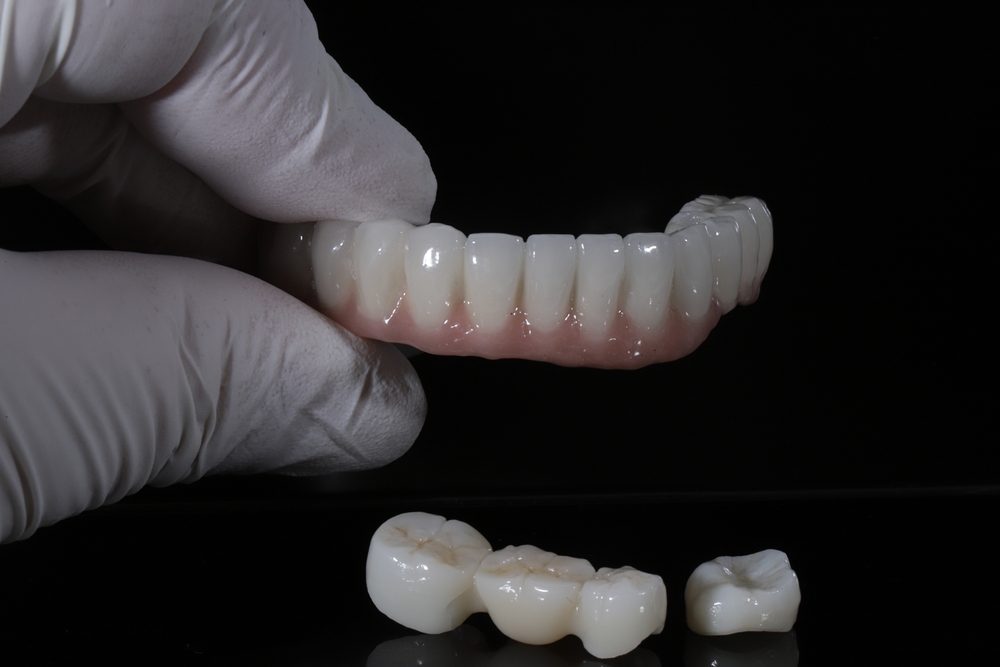Dental appliances, ranging from braces to dentures, are integral to maintaining and enhancing oral health. However, their effectiveness hinges on proper care and maintenance. This guide delves into the essential practices for keeping your dental appliances in top shape, ensuring they serve you well for years to come.
Types of Dental Appliances
Dental appliances come in various forms, each serving a unique purpose. Here’s a list of various types of dental appliances, starting with the most common:
- Braces: Used to correct misaligned teeth and bite issues. They consist of brackets attached to the teeth, connected by wires and sometimes elastic bands. Braces can be traditional metal, ceramic, or even clear aligners like Invisalign.
- Retainers: After braces are removed, retainers are used to maintain the position of straightened teeth. They come in removable or fixed varieties.
- Dentures: These are removable replacements for missing teeth and surrounding tissues. There are two types of dentures – complete and partial. Complete dentures are used when all teeth are missing, while partial dentures are used when some natural teeth remain.
- Dental Crowns: A crown is a tooth-shaped “cap” placed over a tooth to restore its shape, size, strength, and improve its appearance.
- Dental Bridges: These are used to replace one or more missing teeth by spanning the area where the teeth are missing. Bridges are cemented to the natural teeth or implants surrounding the empty space.
- Night Guards: Used to prevent damage from teeth grinding (bruxism), especially during sleep.
- Mouthguards: These are protective devices for the mouth that cover the teeth and gums to prevent and reduce injury, particularly in sports.
- Space Maintainers: Used in pediatric dentistry, these appliances maintain the space left by a lost baby tooth until the permanent tooth emerges.
- Palatal Expanders: Used mostly in children, these devices widen the upper jaw so that the upper and lower teeth fit together better.
- Invisalign and Clear Aligners: A modern alternative to traditional braces, these are virtually invisible trays that straighten teeth.
- Dental Implants: These are metal posts or frames surgically positioned into the jawbone beneath your gums to allow your dentist to mount replacement teeth onto them.
- Veneers: Thin shells of porcelain or resin that cover the front surface of teeth to improve appearance. They are often used for teeth that are discolored, chipped, misaligned, or have gaps.
Each of these appliances has specific functions and uses, catering to various dental needs from cosmetic corrections to functional improvements and protective measures.
Why Proper Cleaning is Essential
Proper cleaning and care for dental appliances are essential for several reasons, impacting both oral health and the effectiveness of the appliances:
Prevention of Oral Health Problems:
Dental appliances can harbor food particles, bacteria, and plaque. If not cleaned regularly, this can lead to tooth decay, gum disease, and other oral health issues. Infections like oral thrush (a type of yeast infection) can also develop, particularly with dentures.
Maintaining Appliance Integrity:

Regular cleaning and maintenance prevent the buildup of harmful substances that can damage the appliance. For instance, braces can accumulate plaque, which can lead to demineralization of the tooth enamel, causing white spots or cavities.
Ensuring Effectiveness:
Dental appliances are designed to perform specific functions, like aligning teeth, replacing missing teeth, or protecting teeth from grinding. If they are not properly cared for, their effectiveness can be compromised. For example, a misshapen or damaged retainer won’t hold teeth in the correct position.
Preventing Bad Breath:
Bacteria buildup on appliances can lead to halitosis (bad breath). Regular cleaning helps in maintaining fresh breath.
Comfort and Fit:
Appliances that are not properly cared for can become uncomfortable or ill-fitting. For instance, dentures require regular cleaning and occasional adjustments to ensure a proper fit.
Longevity of the Appliance:
Proper care extends the life of dental appliances. This is especially important for those that represent a significant financial investment, like braces or implants.
Aesthetic Appearance:
Dirty or poorly maintained appliances can become stained or discolored, affecting the aesthetic appeal of one’s smile.
Overall Health Implications:
Poor oral hygiene has been linked to several systemic health issues, including cardiovascular disease and diabetes. Maintaining clean dental appliances is part of good oral hygiene practices.
Each appliance demands a specific cleaning regimen. For example, dentures should be gently brushed daily and soaked overnight in a cleaning solution. Braces require careful brushing around wires and brackets. It’s crucial to use suitable products and techniques to avoid damaging these delicate appliances.
A common mistake is using harsh cleaning agents that can damage appliances. Avoid exposing them to extreme temperatures and handle them gently to prevent warping or breakage. Your lifestyle also impacts the longevity of your dental appliances. Eating a balanced diet, avoiding smoking, and proper storage when not in use all contribute to their durability.
Conclusion
In summary, the proper cleaning and care of dental appliances are crucial not only for maintaining oral health but also for ensuring the functionality, comfort, and longevity of the appliances. Regular care and maintenance, along with routine dental check-ups, play a vital role in achieving and maintaining optimal oral health.




